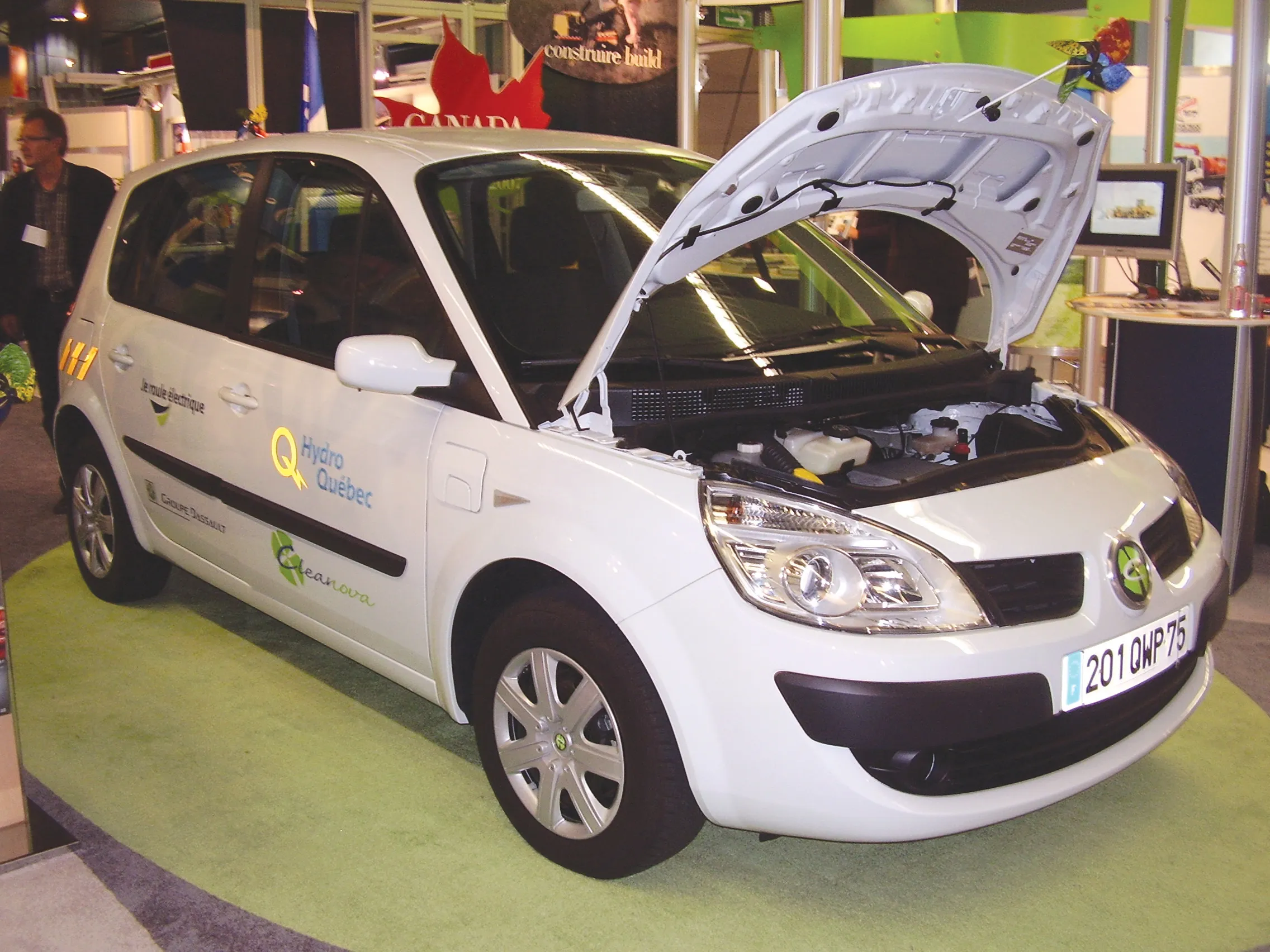New vehicle tax regulations have been passed in China, which are intended to boost the market for electric vehicles (EVs). A recent China State Council executive meeting passed the second draft regulations of China's Vehicle and Vessel Tax Law, a move designed to support the market for new energy vehicles.
April 24, 2012
Read time: 2 mins
New vehicle tax regulations have been passed in China, which are intended to boost the market for electric vehicles (EVs). A recent China State Council executive meeting passed the second draft regulations of China's Vehicle and Vessel Tax Law, a move designed to support the market for new energy vehicles. The regulation will cut taxes for vehicles the reduce energy consumption or that use new propulsion technologies. The regulation follows a plan by the 2719 Chinese Government to stimulate the market and encourage consumers to buy new energy vehicles such as EVs. While Chinese firms are already developing EVs, foreign carmakers are also being encouraged to form joint ventures with local companies and boost competition. The Chinese Government has identified the need to cut traffic pollution and is focusing on developing low emission, sustainable vehicles. The move is also intended to tackle fast growth in oil prices and depleting reserves. However, the actual sales of electric and hybrid vehicles only account for a small amount of all passenger car sales in the China at present. As a result, the Beijing based government has been urging foreign carmakers to form joint ventures with local companies to develop electric cars before authorising them to build more factories in the country earlier this year. Some foreign carmakers such as 1233 BMW will cooperate with its Chinese partner Brilliance Automobile to launch a new electric vehicle brand in China as required by the local government. 3503 Volkswagen, 2456 GM, 2454 Nissan and 2728 Toyota who have announced plans to roll out electric cars in China between 2013 and 2015 will also develop new brands together with their Chinese partners in the future.






